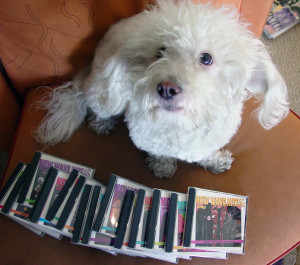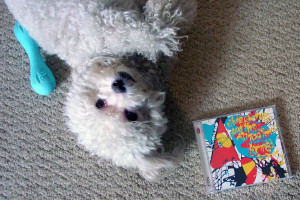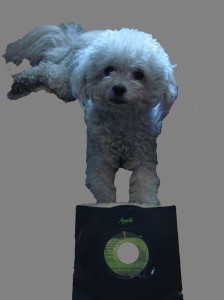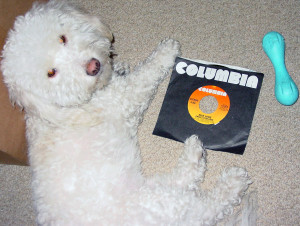“Do we have any foreigners in the audience tonight? If so, please put up your hands. Wogs I mean, I’m looking at you. Where are you? I’m sorry but some fucking wog…Arab grabbed my wife’s bum, you know? Surely got to be said, yeah this is what all the fucking foreigners and wogs over here are like, just disgusting, that’s just the truth, yeah. So where are you? Well wherever you all are, I think you should all just leave. Not just leave the hall, leave our country. You fucking (indecipherable). I don’t want you here, in the room or in my country. Listen to me, man! I think we should vote for Enoch Powell. Enoch’s our man. I think Enoch’s right, I think we should send them all back. Stop Britain from becoming a black colony. Get the foreigners out. Get the wogs out. Get the coons out. Keep Britain white. I used to be into dope, now I’m into racism. It’s much heavier, man. Fucking wogs, man. Fucking Saudis taking over London. Bastard wogs. Britain is becoming overcrowded and Enoch will stop it and send them all back. The black wogs and coons and Arabs and fucking Jamaicans and fucking (indecipherable) don’t belong here, we don’t want them here. This is England, this is a white country, we don’t want any black wogs and coons living here. We need to make clear to them they are not welcome. England is for white people, man. We are a white country. I don’t want fucking wogs living next to me with their standards. This is Great Britain, a white country, what is happening to us, for fuck’s sake? We need to vote for Enoch Powell, he’s a great man, speaking truth. Vote for Enoch, he’s our man, he’s on our side, he’ll look after us. I want all of you here to vote for Enoch, support him, he’s on our side. Enoch for Prime Minister! Throw the wogs out! Keep Britain white!”
– Eric Clapton, to his audience during an August 1976 concert in Birmingham, UK. (Per Wikipedia, “in British English, wog is an offensive racial slur usually applied to Middle Eastern and South Asian peoples.”)
Clapton’s rant, coupled with the rise of fascist and neo-Nazi rhetoric in England, led to the formation of Rock Against Racism, a UK campaign in which recording artists including The Clash, Elvis Costello, The Buzzcocks, Steel Pulse, Aswad and Generation X performed concerts with an anti-racism theme.
In an interview some years later, Clapton claims his remarks weren’t aimed at any one particular minority. True. They were aimed at “wogs” and “coons” and Arabs and Jamaicans, so several minorities. You dug yourself out of that one! “It was kind of a feeling of loss of identity, being English and losing my Englishness,” said the blues guitarist whose first solo top ten hit was a cover of a reggae song written by Bob Marley.
In his 2007 autobiography, cleverly entitled Clapton: The Autobiography, in a paragraph that begins with the sentence “I had never really understood, or been directly affected by, racial conflict,” Clapton says of the 1976 outburst “Since then I have learned to keep my opinions to myself.” Okay, that’s one lesson. I think there may be more if one looks hard enough.
Today Eric Clapton turns 70 years old. To celebrate, here are twenty songs about the idiocy of racism.
Click here to like Tunes du Jour on Facebook.
Follow me on Twitter: @TunesDuJour



